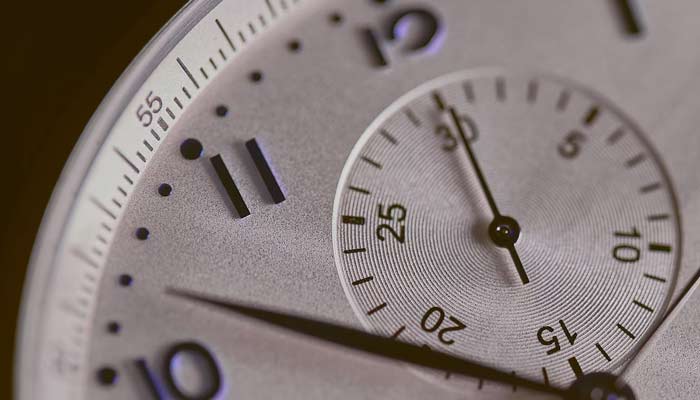Due to factors such as climate change and geological changes, the Earth’s rotation is changing, which will cause clocks to jump a second in the near future.
Approaching 2029, it may be necessary for clocks to skip a second, known as a “negative leap second,” according to the study published in the journal Nature.
A study warns that such changes in the Earth’s rotation may require adjustments to Coordinated Universal Time (UTC), the standard used to set all time zones around the world, earlier than originally planned.
The impact of this adjustment extends beyond timing, as it could cause “unprecedented problems with computer network timing.”
Reportedly, the Earth’s rotation (normally 24 hours) is now fluctuating in order to keep atomic time and astronomical time consistent. Anadolu Agency.
As the Earth’s rotation slowed, 27 leap seconds were added between 1972 and 2016 to compensate.
However, the slowdown tapers off to the point where the Earth’s rotation is actually speeding up.
Furthermore, because ice at the poles has melted rapidly since 1990, recent observations suggest that this phenomenon is being offset. The Earth’s mass is transferred from the poles to the center of the bulge through melting ice, slowing its rotation.
In response, to minimize frequent adjustments and keep various timing systems in sync, timekeepers are planning to revise the leap second standard in the 2030s.
Follow us on Google news ,Twitter , and Join Whatsapp Group of thelocalreport.in
